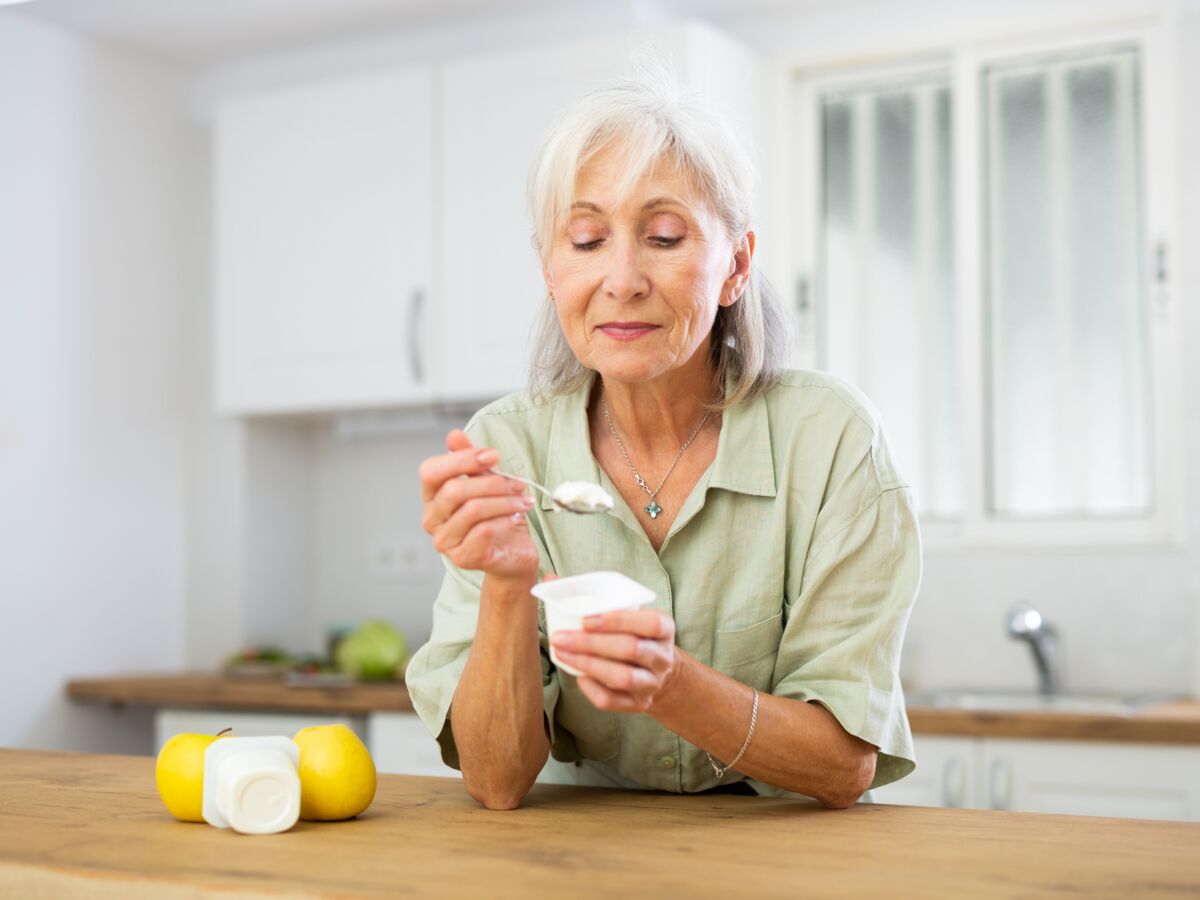“L’osteoporosiswhich means porous bone, is a general skeletal disease, which mainly affects women after menopause”, explains Dr. Stéphanie Laclau, rheumatologist. “It is characterized by a decrease in bone mineral density and a deterioration of the micro-architecture of the skeleton associated with a loss of bone strength. By making bones more fragile, it increases the risk of fractures”, she adds. Osteoporosis is a disease that cannot be seen and does not cause pain. Pain only appears when there is a complication, namely a fracture. Almost any bone can be the site of osteoporosis-related fractures, but the most common are vertebral, hip and wrist fractures.
Osteoporosis: what are the risk factors?
When we talk about osteoporosis, the first risk factor that comes to mind is obviously menopause. But it’s not the only one. As the rheumatologist explains, a family history of osteoporosis or femoral neck fracture (in the father or mother) but also chronic exposure to tobacco and alcohol increase the risk of suffering from osteoporosis. Certain medications also have an impact on the occurrence of osteoporosis: corticosteroids used over a long period of time, a history of localized radiotherapy, the use of hormone therapy in the context of hormone-dependent cancer. Other risk factors include: the presence of a chronic inflammatory disease, low sun exposure, a history of eating disorders (anorexia), low consumption of dairy products with low calcium intake.
What foods should you choose to prevent osteoporosis?
Diet plays an important role in the prevention of osteoporosis. It is particularly essential to have a sufficient calcium intake. The latter should be 800 mg and 1000 mg per day for a person without osteoporosis. In a person who suffers from osteoporosis, on the other hand, intakes should be 1000 mg per day and ideally 1200 mg/day. “Calcium is found in cow’s milk, cheeses and yogurt. It is also present in plant milks but in smaller quantities“, explains Dr Laclau.
In addition to dairy products, calcium is also found in mineral waters (Contrex, Hépar and Courmayeur being the richest in calcium). The rheumatologist also recommends consuming products rich in vitamin D (oily fish, egg yolk, butter, dark chocolate, mushrooms, offal, etc.).”You should not hesitate to discuss the need for vitamin D supplementation with your doctor.“, she adds. Finally, it is important to continue (or start!) regular physical activity in order to strengthen the bones.
Thanks to Dr. Stéphanie Laclau, rheumatologist.
Read also :
⋙ Osteoporosis: this factor would increase the risks in postmenopausal women
⋙ Osteoporosis: 3 good reflexes to prevent its appearance
⋙ Calcium deficiency: 5 signs that should alert you
